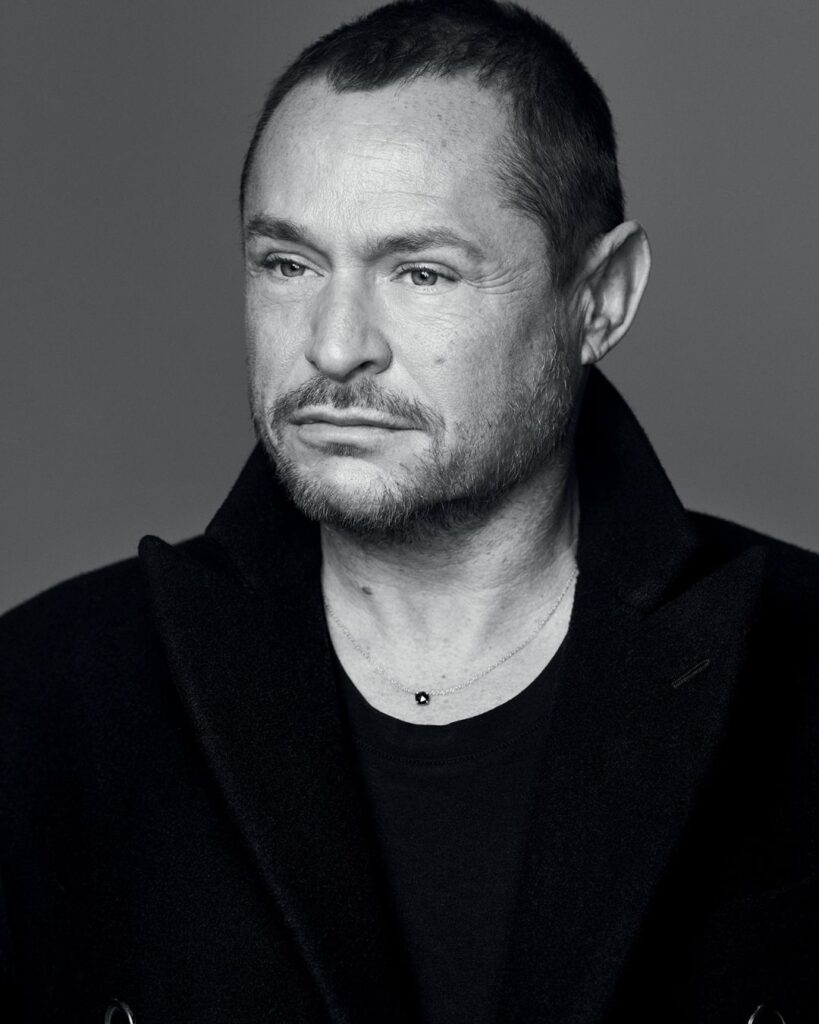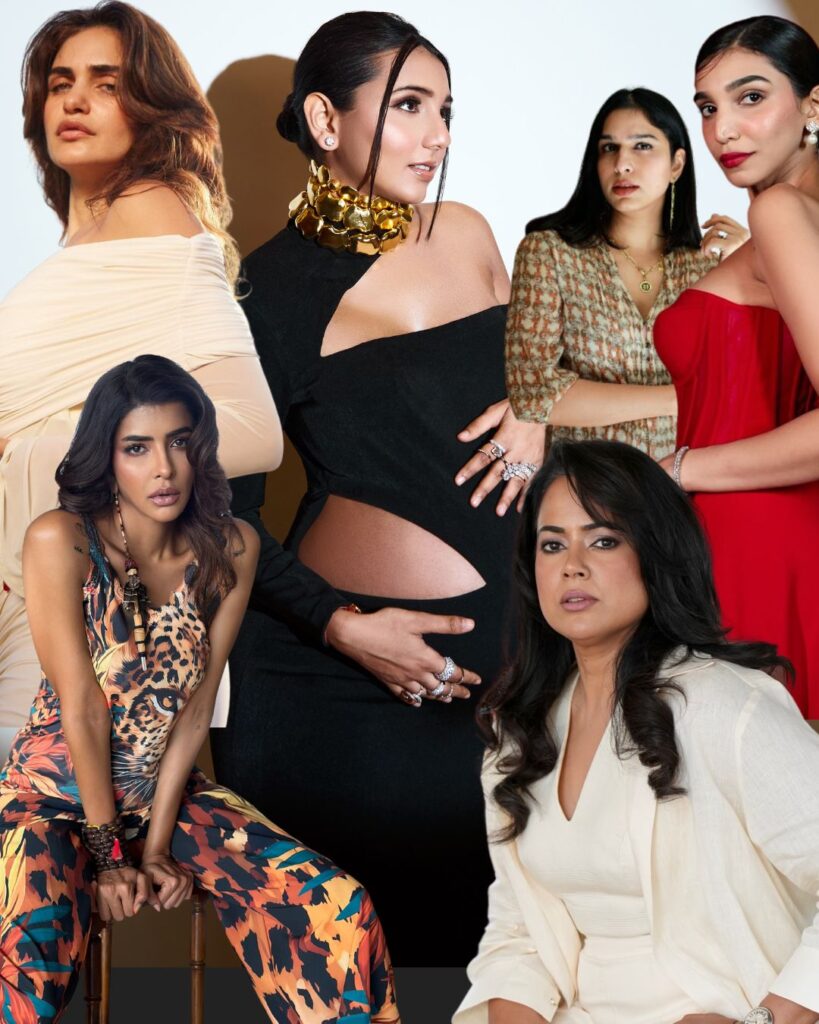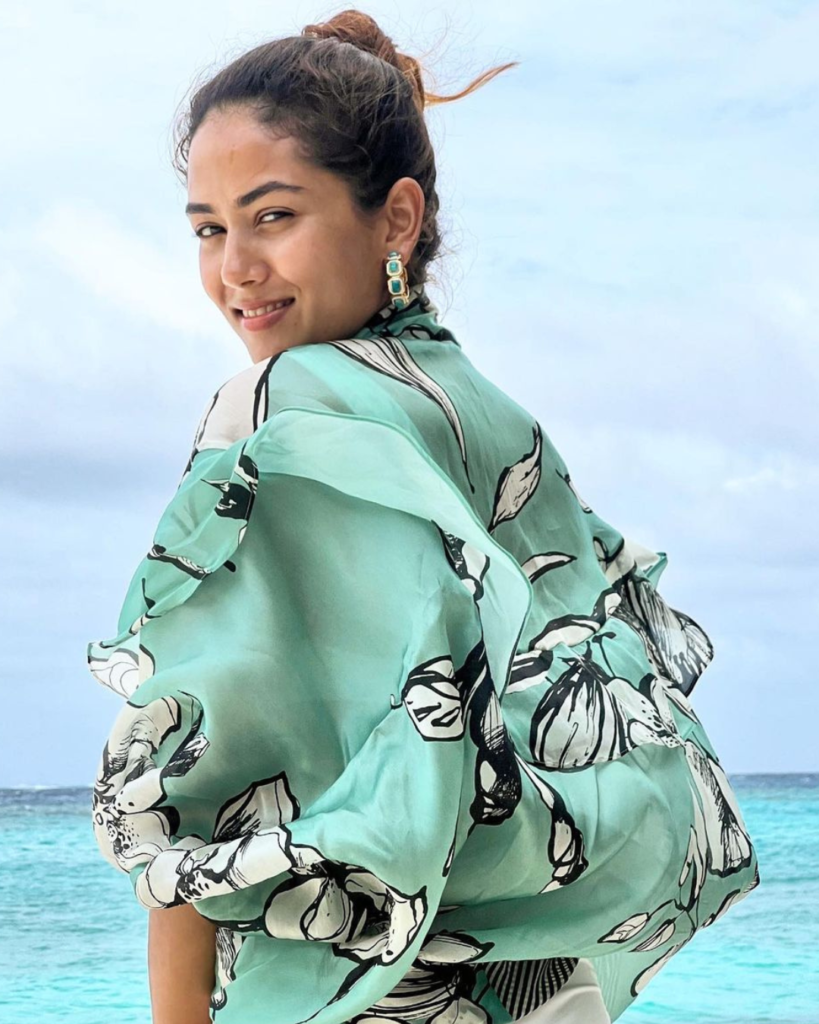Studies suggest that wearing the same style every day can make you more productive.
- Fashion
Do You Need a Fashion Uniform?
- ByManish Mishra

Gabrielle Chanel
Courtesy: Pinterest
According to experts, eliminating trivial (or less important) decisions from our day will make us feel less overwhelmed. And figuring out what to wear every morning is counted as a productivity-sucking task. This is why many successful people choose a personal uniform to simplify life. Apple co-founder, the late Steve Jobs, was known to wear a black turtle-neck sweater and jeans on repeat, and countless articles have highlighted this as his personal strategy to increase productivity.
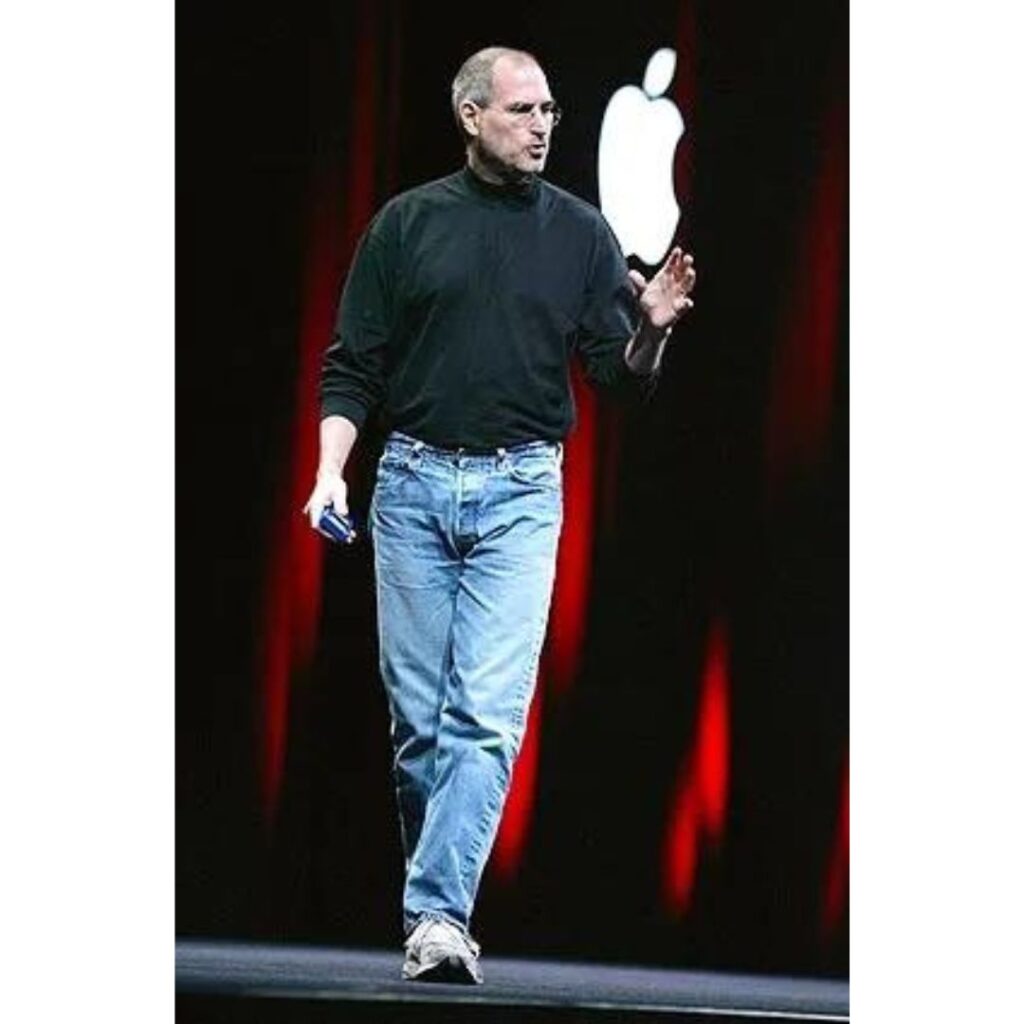
In some cases, a fashion uniform also helps create an iconic identity. Case in point: late designer and photographer Karl Lagerfeld, who was always spotted in his trademark all-black look, punctuated with a high-collared white shirt and fingerless gloves.
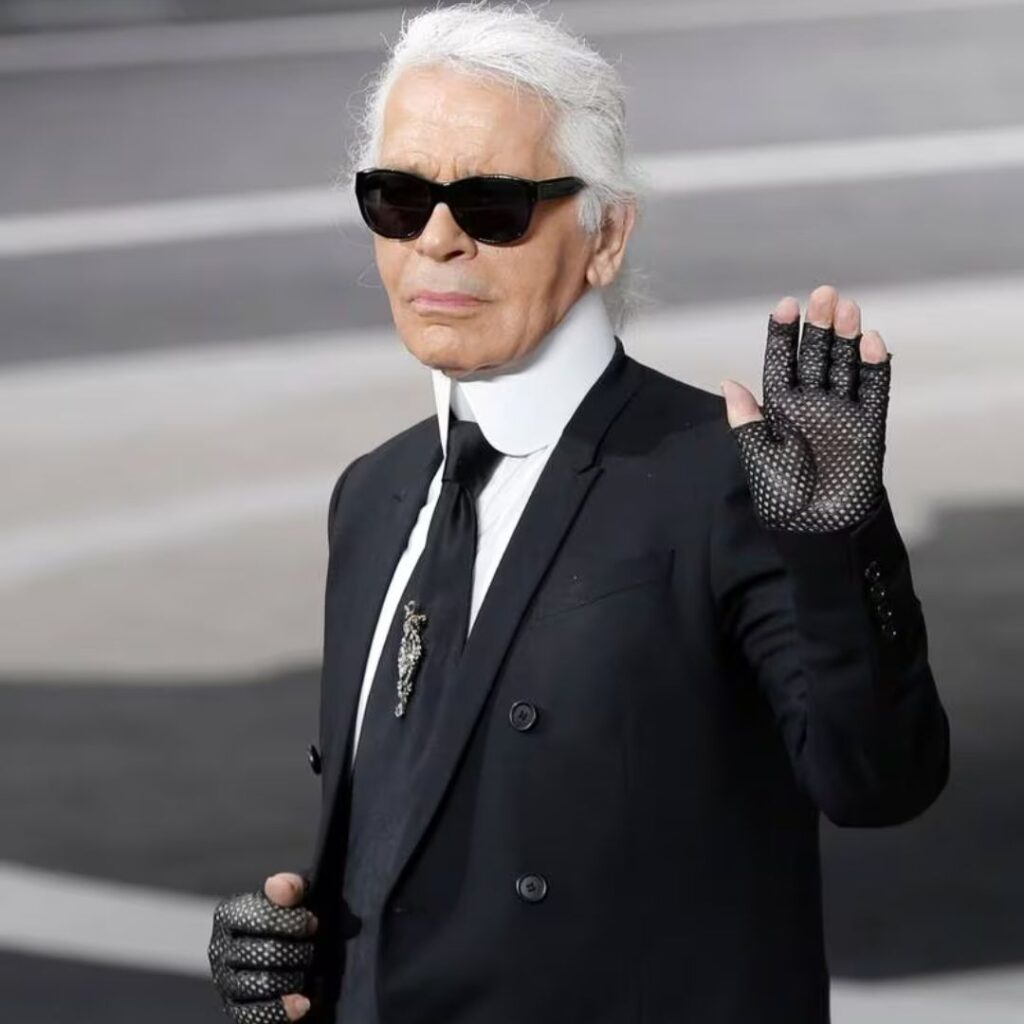
Every fashion season throws up countless new styles by hundreds of designers. And yet, many fashion insiders tend to wear the same colours or silhouettes every day. Many people working in the fashion industry tend to favour a crisp, white shirt, styled with either a pair of black pants or blue jeans. In documentaries like Dior & I, The September Issue, and Mademoiselle C, one can observe that designers and their teams follow a rigid code of dressing, with their attires oscillating from monochromatic to downright clinical.
So what’s so appealing about wearing the same clothes over and over again? Well, ‘decision fatigue’ might have something to do with it.
Decision fatigue is a phrase coined by American social psychologist Roy F. Baumeister. In his paper, Roy says that when people have too many decisions to make, their decision-making abilities become impaired as the day progresses. And because many of us spend a lot of time deciding between the right outfit and shoes and jewellery, that means that before our day even begins, we might already be ‘decision fatigued’.
As more and more researchers began looking into the phenomenon, the concept of ‘uniform dressing’ became a part of the experiments to analyse how it helped participants be more efficient. And lo and behold, it worked. Former USA President Barack Obama was once quoted, “You’ll see I wear only gray or blue suits. I’m trying to pare down decisions. I don’t want to make decisions about what I’m eating or wearing. Because I have too many other decisions to make. You need to focus your decision-making energy. You need to routinize yourself. You can’t be going through the day distracted by trivia.”
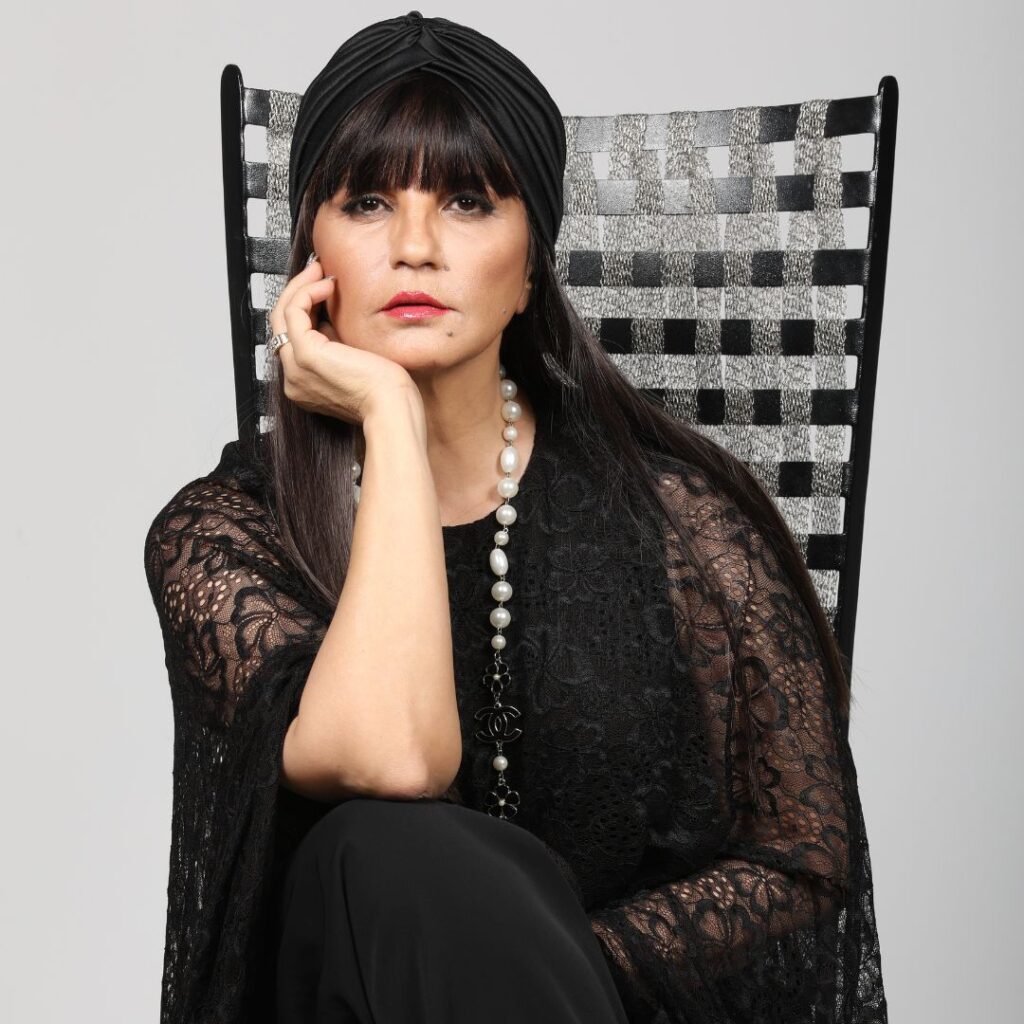
Back home, Bollywood costume stylist and fashion designer Neeta Lulla has stayed partial to all-black outfits worn with matching turbans for years. Even if she wears new colours, she likes to offset them with neutrals. Neeta associates monochrome dressing with a feel-good factor. “Fashion uniform to me denotes power dressing—it takes me through the day,” shares Neeta.
Moreover, a fail-proof uniform carves an easy path, which one treads effortlessly without worrying too much about making outfit choices day in and day out. Archana Jain, CEO, PR Pundit Havas Red, is often seen in either handloom saris or anti-fit organic dresses in muted colours. According to her, our personal style tends to be identified as our fashion uniform, as we adopt it more frequently. “Most of us like and enjoy diversity in our wardrobe. But a uniform—which could be a particular colour, style, or nature of attire certainly lends to efficiency in our daily lives,” she shares.
Many people, who struggle to determine what to wear for an important meeting or an event, gravitate towards classic pieces in black or white that can be styled in multiple ways, depending on the occasion. Rahul Arora, who is currently working as a brand manager at Suneet Varma, began wearing black on most occasions in his 20s. Rahul tells The Word. that he has never been a fan of spending too much time either shopping for clothes or deciding what to wear. “I am the kind of person who walks into a store and selects clothes in a matter of minutes. A consistent style helps me avoid decision fatigue,” he adds. Over time, black has become a part of his identity, as monotone clothing makes Rahul feel confident and sexy. However, he insists that wearing black doesn’t necessarily mean your style is boring. “My outfits always feature a unique design element or an interesting texture. To be honest, wearing black empowers me,” he adds.
Designer duo David Abraham and Rakesh Thakore (of Abraham & Thakore) have always proposed monochrome dressing through their collections. And as far as their personal styles go, they’re often seen in black-and-white. “One wears a uniform to make life easy—whether at work or during travel. It makes shopping easier as you know exactly what you want in colour, style, and fit. Style is very personal…it is how one adapts to a look that reflects your lifestyle. I think the way one dresses is one of the most effective tools of communication,” says David.
One’s style says a lot about one’s personality so it’s always a good idea to purchase pieces which are forever comfortable, classic, and chic. Rakesh suggests investing in timeless styles with the right fabric choices. “Experiment with your look and style by layering a single colour in different weights and textures. I believe each piece that one owns should be comfortable and stylish enough to be worn for any occasion,” says Rakesh.
As much as you love experimenting with different styles, the sartorial dilemma can get exhausting after a while. It could even take the joy out of dressing up. But if you embrace the ‘uniform movement’, you won’t just save on time, but also witness a surge in confidence as you already know that the pieces you’ve invested in are flattering enough for you to wear every day.


